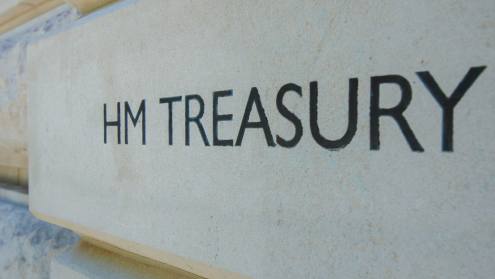The market heard about the deal on September 27 and was excited by its sheer size. Cemex, Mexico’s cement manufacturer, paid no less than $4.1bn in cash for RMC, the British cement producer. The company also assumed RMC’s debt, taking the deal’s value up to $5.8bn. This was the largest cross-border deal ever accomplished by a Mexican company. The terms of the acquisition represent a premium of approximately 39% to RMC’s average price of 615p per share over the previous 30 days.
Shares raid






